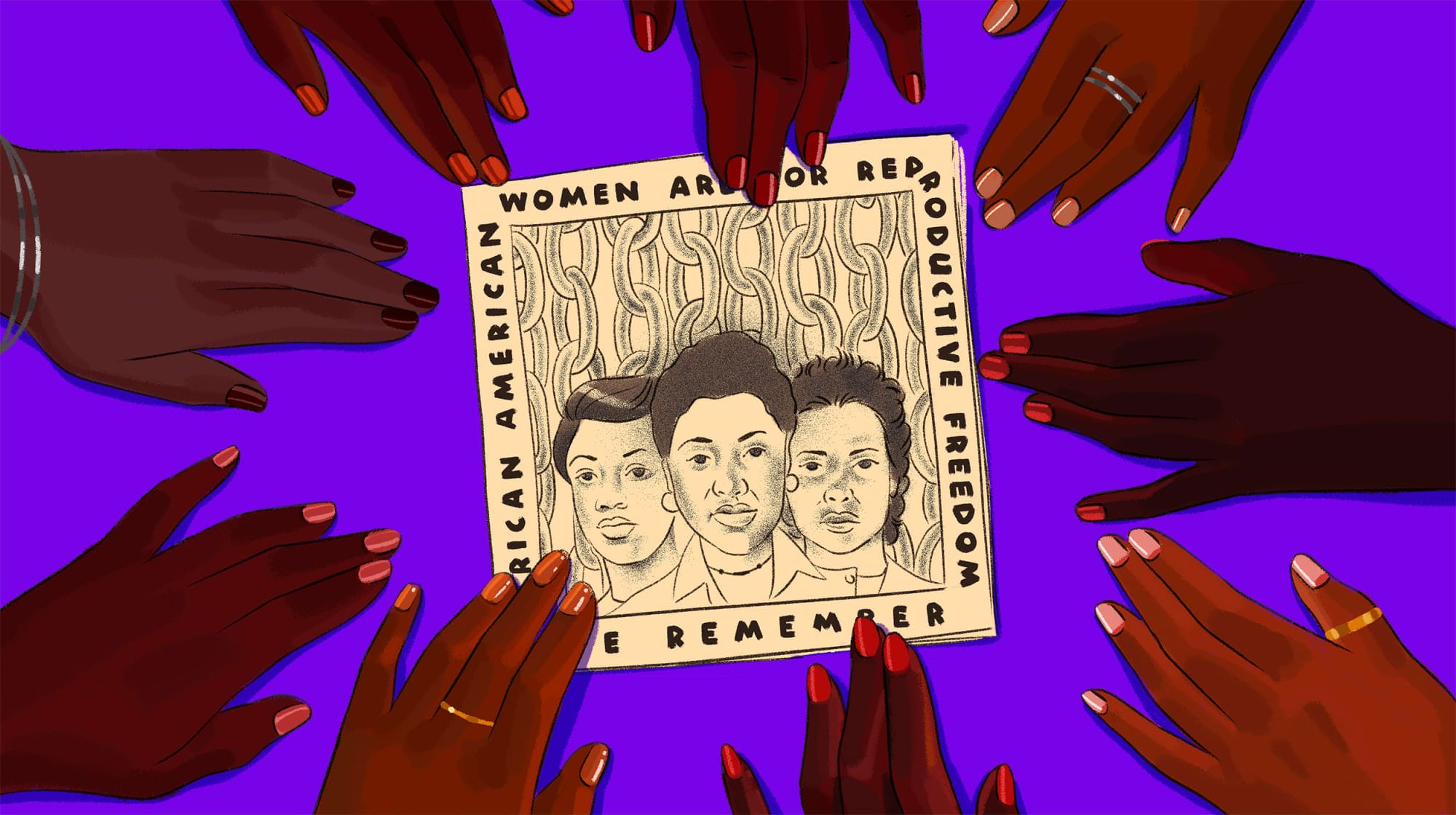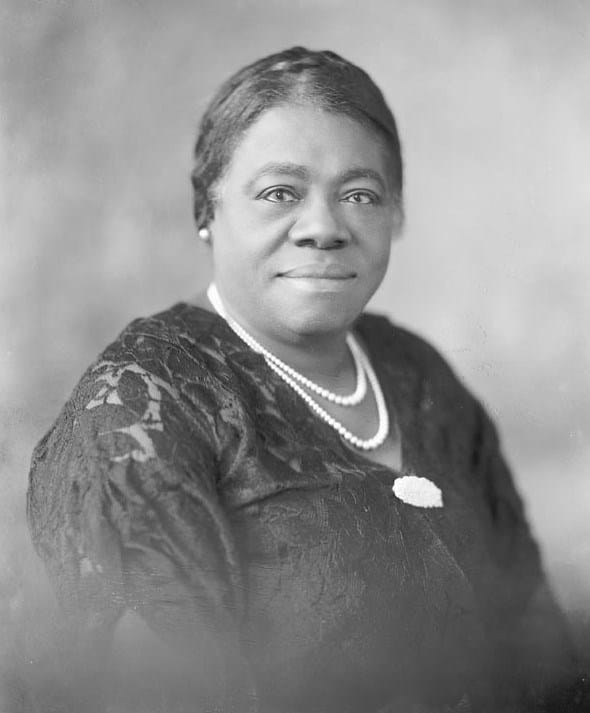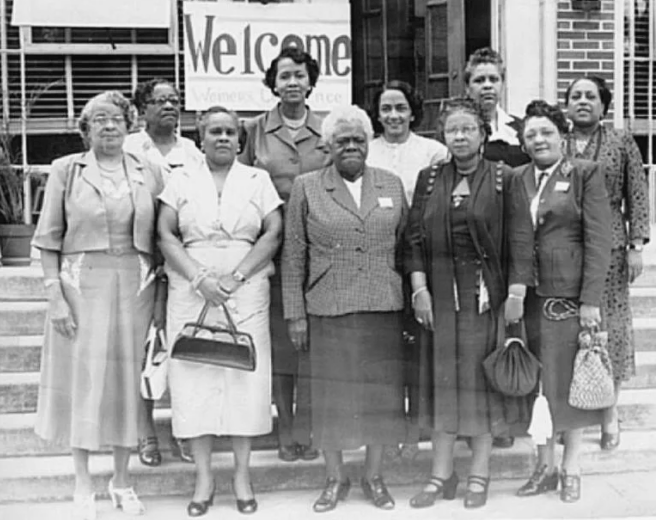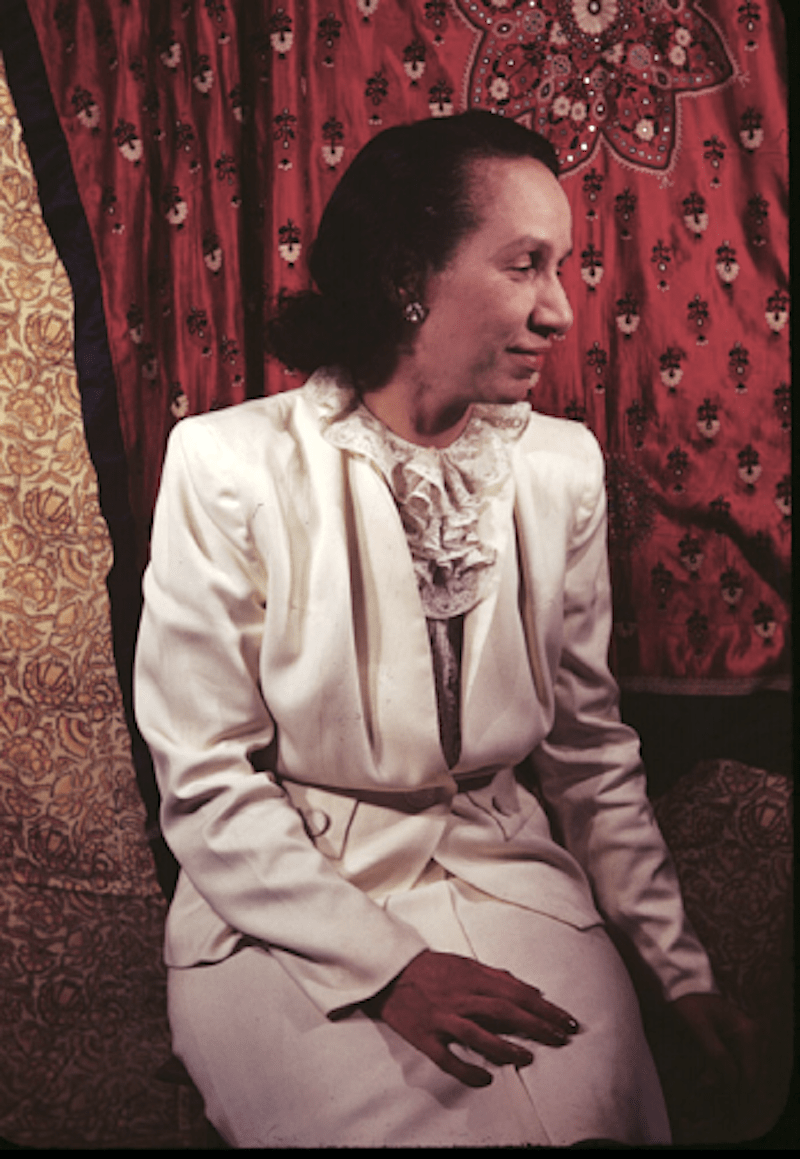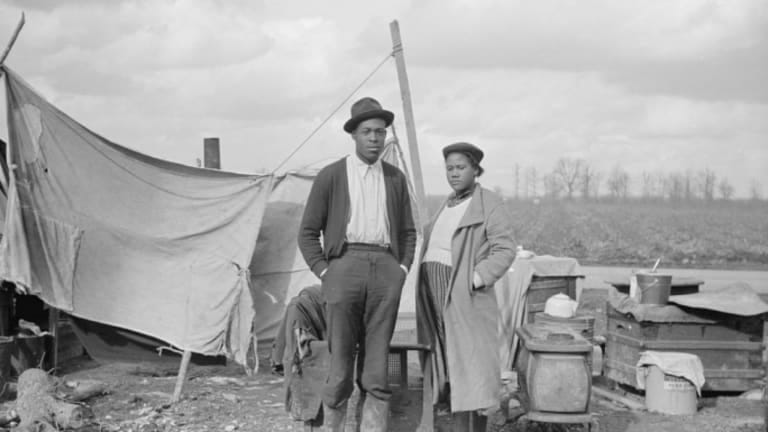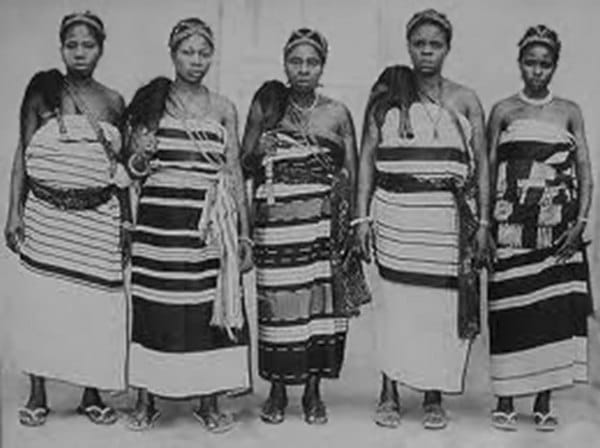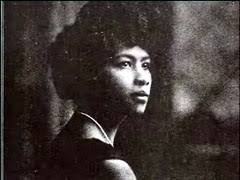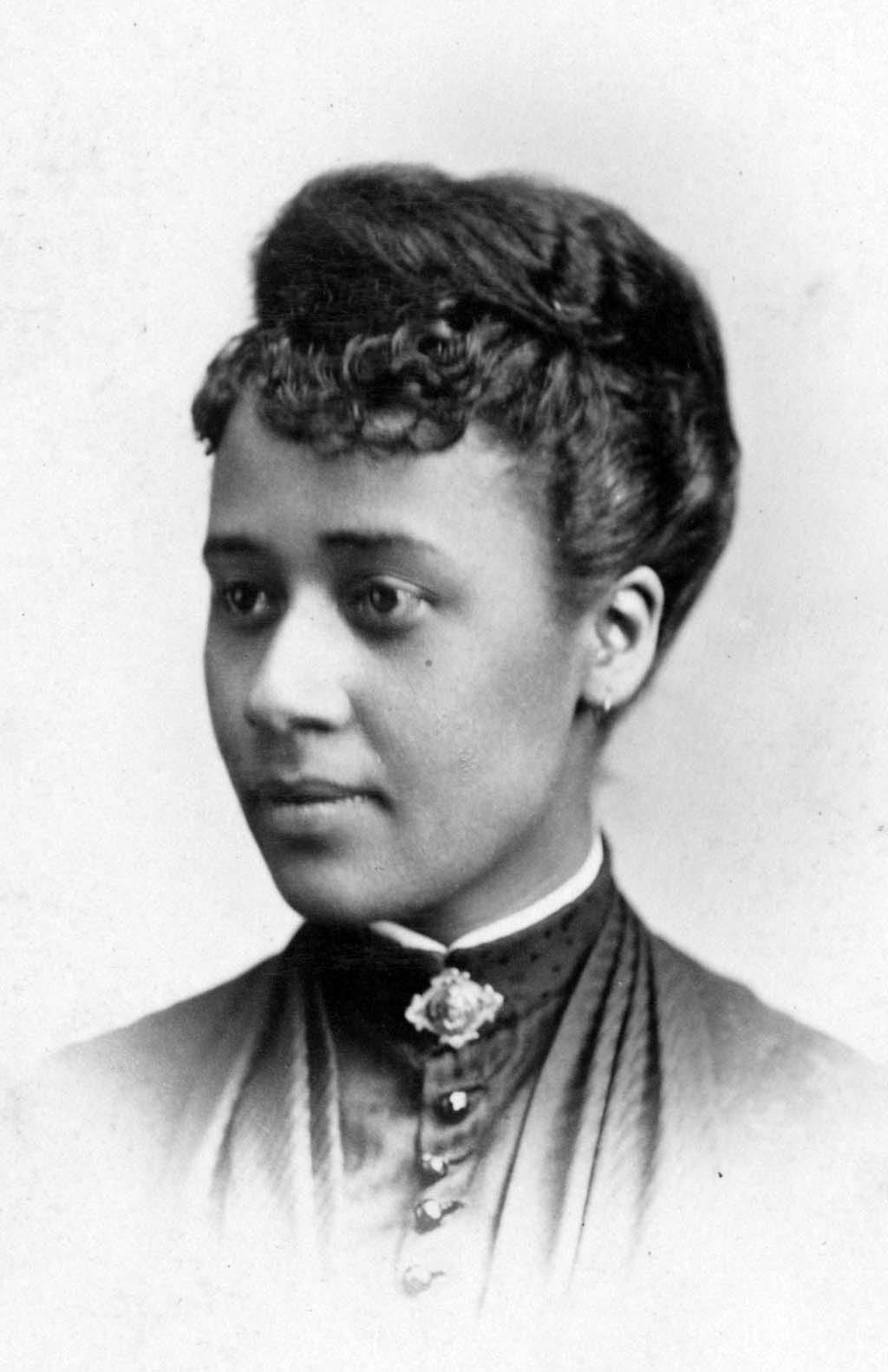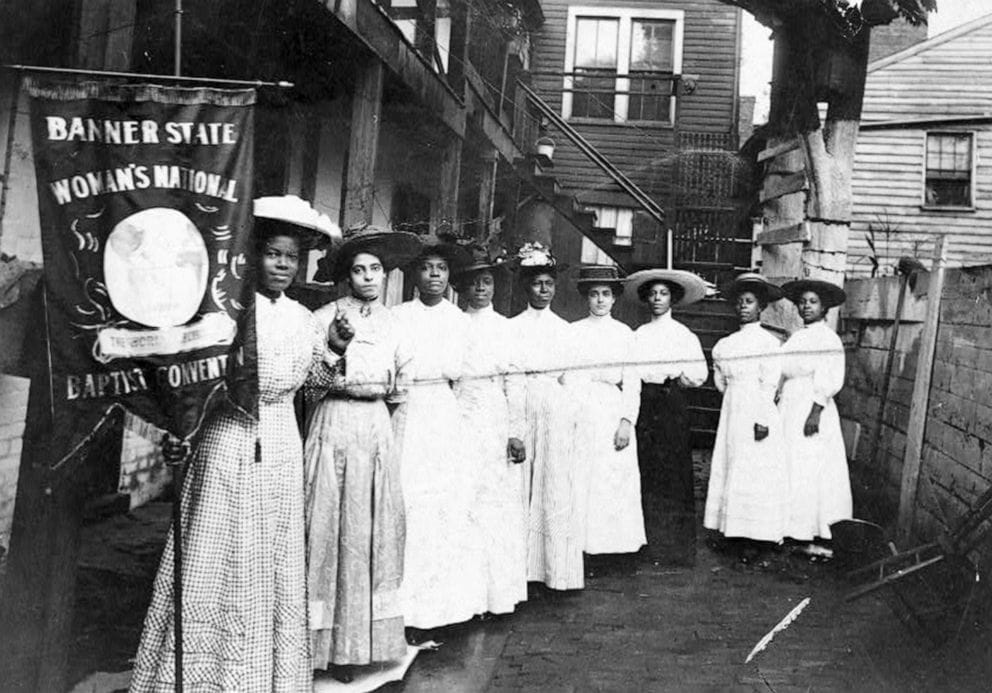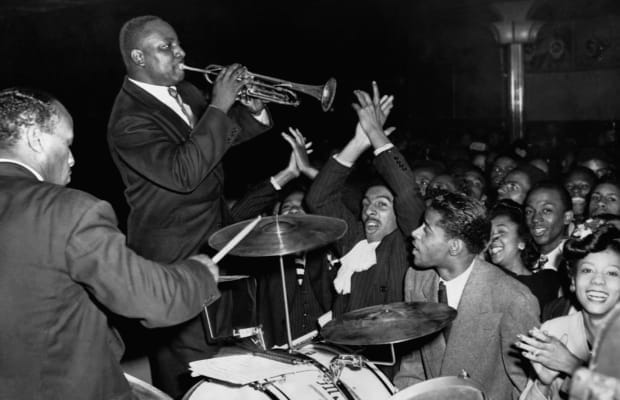Before Roe v. Wade, Black Women’s Health Networks were community-led, intimate spaces for people to receive abortions and other forms of reproductive care. While the police went to great lengths to try and dissolve these networks, community members offered support and strived to protect the identities of abortion providers. These networks were crucial for Black women, given that their sexual choices were associated with deviance, whereas the sexual choices of white women were linked to exploration and choice.
Author: developer
Mary McLeod Bethune Appointed by President Roosevelt to a Federal Position
Mary McLeod Bethune (1875–1955) was a Black educator, civil and women’s rights leader, and government official. In 1936, according to the National Women’s History Museum, “Bethune became the highest ranking African American woman in government when President Franklin Roosevelt named her director of Negro Affairs of the National Youth Administration, where she remained until 1944.”
National Council of Negro Women
The National Council of Negro Women (NCNW) is an organization of organizations (composed of 300 campus and community-based sections and 32 national women’s organizations) that enlightens, inspires, and connects more than two million women and men. Its mission is to lead, advocate for, and empower women of African descent, their families, and their communities. NCNW was founded in 1935 by Dr. Mary McLeod Bethune, an influential educator and activist, and for more than 50 years, the iconic Dr. Dorothy Height was president of NCNW. Johnnetta Betsch Cole was elected Chair of NCNW in 2018, ushering in a new era of social activism and continued progress and growth for the organization. Today, NCNW’s programs are grounded on a foundation of critical concerns known as Four for the Future. NCNW promotes education with a special focus on science, technology, engineering, and math; encourages entrepreneurship, financial literacy, and economic stability; educates women about good health and HIV/AIDS; and promotes civic engagement and advocates for sound public policy and social justice.
Shirley Graham Du Bois
Shirley Graham Du Bois (1896–1977) was an author, playwright, composer, conductor, director, and activist. In 1932, she became the first Black woman to write and produce an all-black opera, Tom-Toms: An Epic of Music and the Negro. For a year, she served as the national field secretary for the NAACP. She wrote the biographies of famous Black Americans, including Booker T. Washington and Frederick Douglass. She was married to W. E. B Du Bois and fought for the rights of Black people alongside him.
The Great Depression
The Great Depression, which spanned from 1929 to 1939, was the most devastating economic downturn in the history of the industrialized world. By 1933, 15 million Americans were unemployed. While many of the images and historical records of that time center white people, Black people were the most severely impacted and were said to be “last hired, first fired.” Due to this, Black people organized and formed grassroots organizations and protests to highlight discriminatory hiring practices. The momentum from these actions influenced and carried over into the civil-rights movement that came decades later.
Igbo Women’s War
In 1929, rural Igbo women organized the Igbo Women’s Rebellion/War, referred to as Ogu Umunwanyi in Igbo and as the Aba Women’s Riots by the British Colonial Authority, to protest direct taxation and the introduction of new local courts including warrant chiefs. The rebellion, which began in Oloko, Nigeria, mobilized tens of thousands of women and spread 6,000 square miles, making it one of the biggest protests against the British Empire in colonial history.
Amy Jacques Garvey
Amy Jacques Garvey (1895–1973) was a Jamaican editor, feminist, and activist who played a pivotal role in the Pan-Africanism movement. She was also the second wife of Marcus Garvey and played a significant role in his life and career. In 1924, she became an associate editor of The Negro World and introduced a page called “Our Women and What They Think.” This section included international news about women, poetry, and more.
Anna Julia Cooper
Anna Julia Cooper (1858–1964) was a writer, teacher, and activist who advocated for access to education for Black people. Her book A Voice from the South by a Black Woman of the South (1892) is a classic Black feminist text. In 1924, she became the fourth Black woman in the U.S. to earn a doctoral degree and the first Black woman to earn a doctoral degree from the Sorbonne in Paris.
Suffrage
During the 1820s and 30s, most states granted all white men the right to vote, but the road to suffrage for women was much longer. During the Seneca Falls Convention in 1848, abolitionist activists asserted that women are equal to men and should have the right to vote. Black women, however, were excluded from meetings with organizations like National American Woman Suffrage Association and often had to march separately from white women. Despite this exclusion, Black women played a critical role in getting the 19th Amendment ratified on August 18, 1920, allowing more than eight million women across the United States to vote in elections for the first time.
Harlem Renaissance
The Harlem Renaissance was one of the most significant cultural movements in U.S. Black history. Spanning roughly from the 1910s to the mid-1930s, the Harlem Renaissance was a golden era of creation and collaboration between Black writers, musicians, dancers, and visual artists. Some of the most notable figures associated with the Harlem Renaissance include Langston Hughes, Zora Neale Hurston, Countee Cullen, Louis Armstrong, and Josephine Baker.

